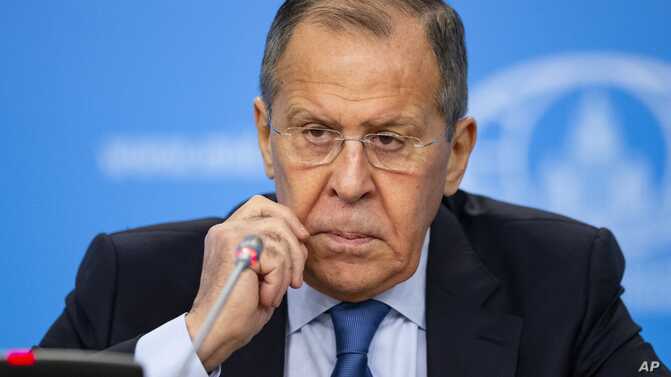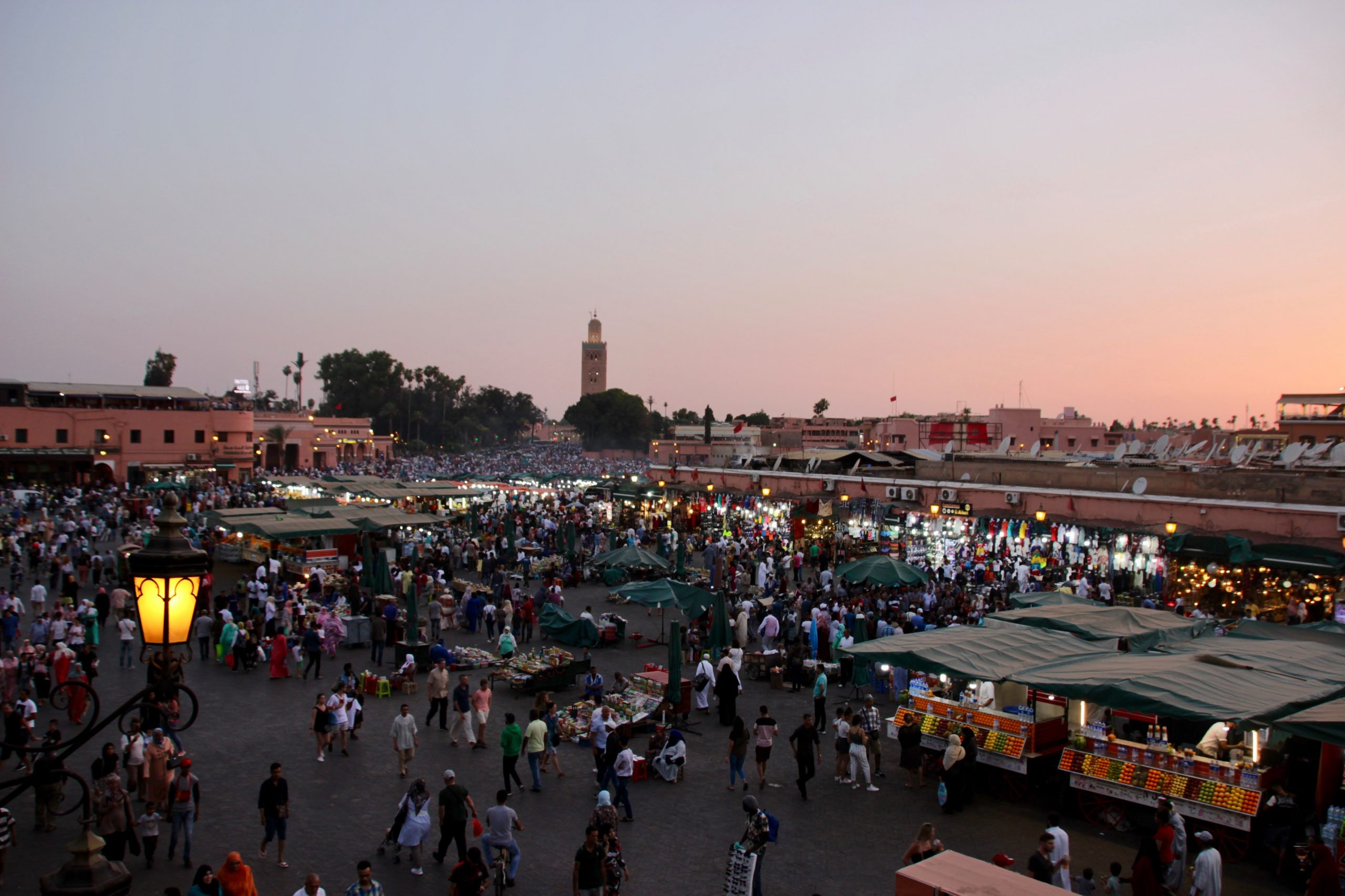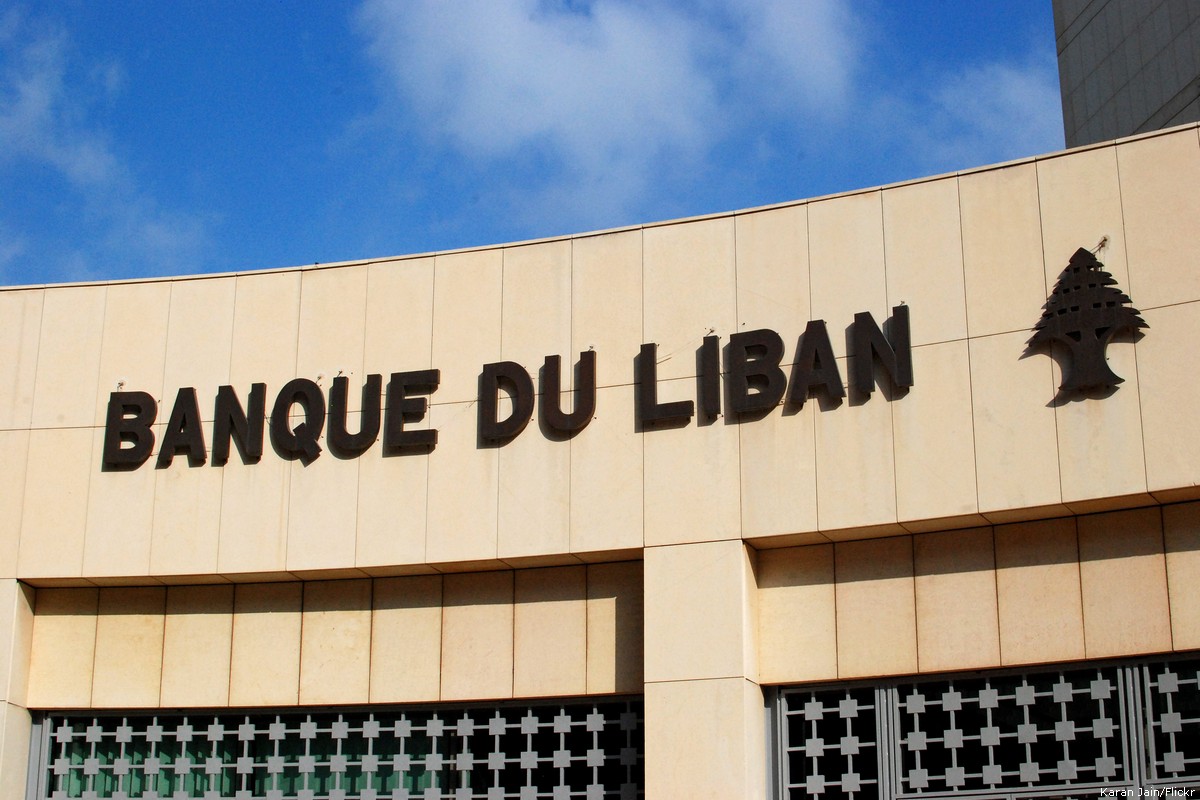The International Monetary Fund in Washington DC has approved Cairo’s request for a $5.2 billion one-year loan. The loan that will have to be repaid within a year adds to a separate $2.77 billion package of “emergency support” granted to Egypt on May 11, to assist the country in its struggle to stop its COVID-19 epidemic.
The IMF considers Egypt to be somewhat of a pre-coronavirus success story as it complied with IMF demands for increased privatization, cutting public spending, and deregulation of industry. In May, an IMF statement said, “as the crisis abates, measures to lower the debt level would need to resume along with continued implementation of structural reforms to increase the role of the private sector.”
Egypt-IMF relationship
But the COVID-19 pandemic’s impact on tourism, global trade and oil prices has significantly impacted Egypt’s economy. Egypt relies heavily on revenues from its hotels and resorts on the Red Sea as well as tourism to its historic landmarks. Reductions in global trade have meant Egyptian state coffers see shipping fees from its vital Suez Canal reduced significantly while oil and gas revenues from Egypt’s growing energy sector similarly fell dramatically.
The fact that Egypt had recently completed a three-year economic reform plan as part of a $12 billion IMF loan that concluded in 2019 appears to have done little for the country’s economic resilience, but further austerity and privatization would eventually produce better results, according to the Fund.
Foreign priorities
Egyptian President Abdel Fattah el-Sisi had received praise from his Western backers and international bankers for implementing unpopular austerity measures that caused a dramatic rise in prices for essential goods for poor and middle class Egyptians, including a large increase in the price of electricity and drinking water. But the moves have helped “attract foreign investment,” justifying praise from the Egyptian government’s financiers.
Egypt’s transition to the neoliberal economy that foreign powers mandate has done little to produce an effective COVID-19 response. Like other countries that follow this economic mantra, such as Brazil, the US, the UK and India, COVID-19 cases have exploded with little government assistance to the country’s poorest and most vulnerable communities.
Local suffering
Egypt’s government has distributed monthly assistance of $31 for informal workers, who make up a significant section of those working in its hospitality industry. The limited support for Egyptian citizens has seen 73% of Egyptian households report a decline in their incomes over the past months.
Like Brazil, the US, and the UK, Egypt is now rushing to reopen its economy, even though it recorded 1,625 new cases on June 26, with 62,755 total confirmed cases and 2,620 deaths. The necessity to bring in revenue appears to have outweighed any desire to control the local epidemic as hygiene standards and social distancing are seen as sufficient to again receive foreign tourists.
Egyptian citizens will have to again brace for austerity measures that cut government support for the poor and increase the cost of living, while the government hopes that this time, the IMF’s demands will produce the “resilient” economy that its financiers have repeatedly promised.





